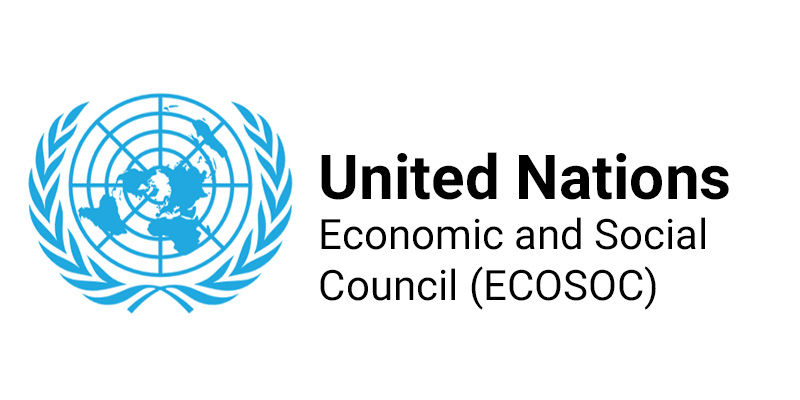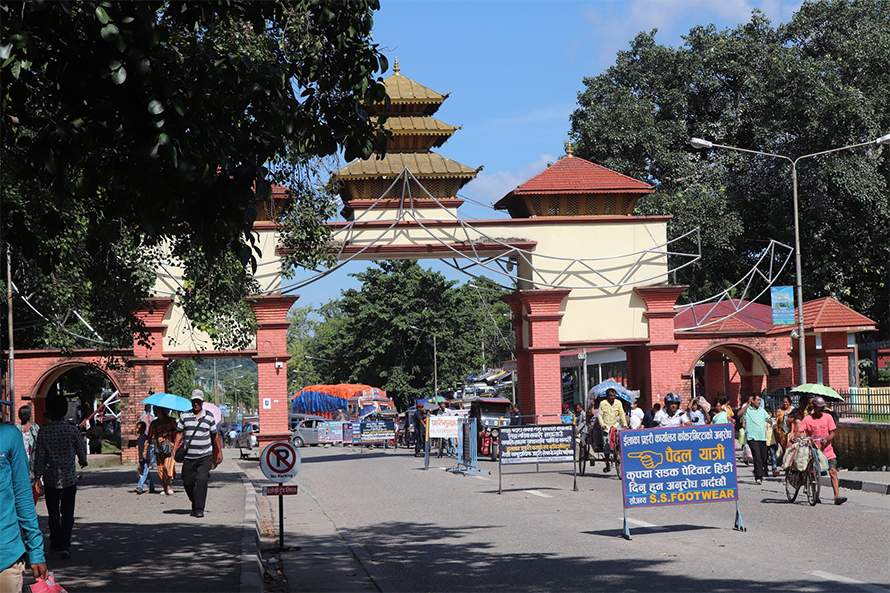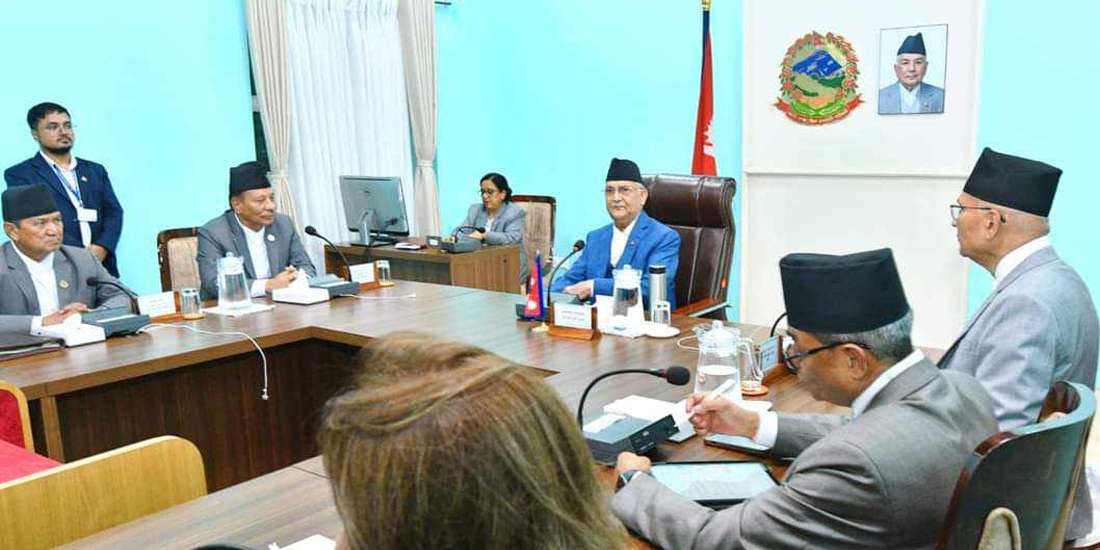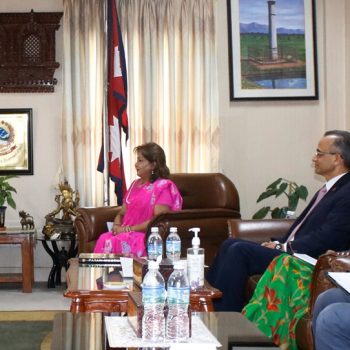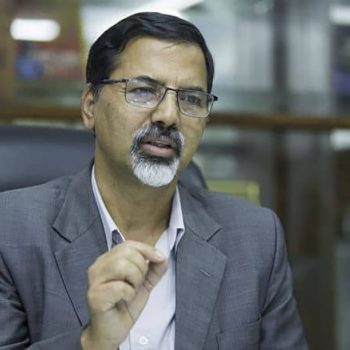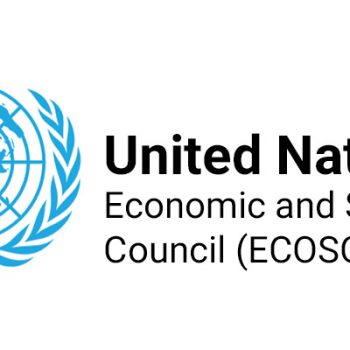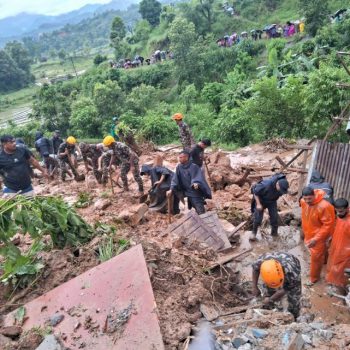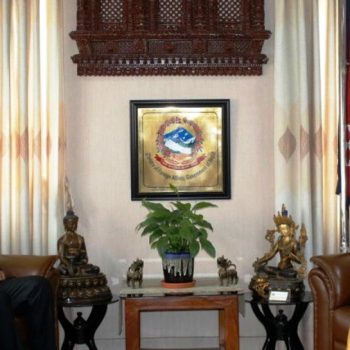World Bank economist says Nepal’s economy not in crisis
 NepalPress
NepalPress
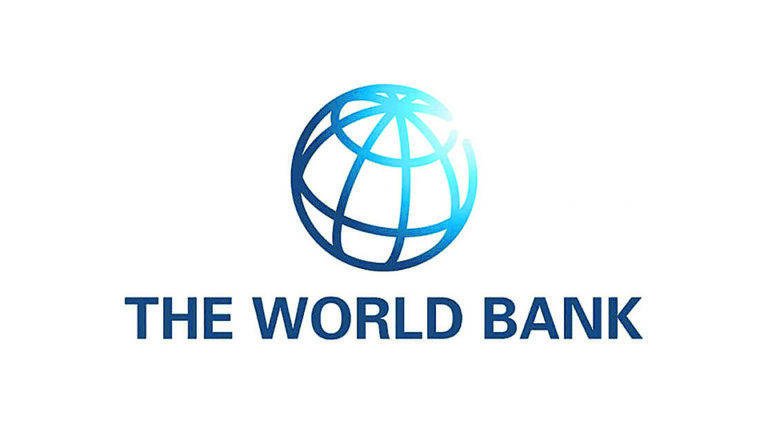
Nepal’s economy is not in crisis as feared by many amid dwindling foreign exchange reserves and ballooning current account deficit caused by surging imports and declining inflows of remittance, a senior economist from the World Bank said Thursday, Xinhua reported.
“We don’t see any economic crisis in Nepal based on current economic indicators of the country,” Alice Joan Brooks, senior country economist of the World Bank for Nepal, told the press. “There is no alarming situation,” she said.
The assessment came when there is growing fear about Nepal heading in the direction of crisis-hit Sri Lanka since a number of economic indicators have been negative in recent months.
According to the data released by Nepal’s central bank on April 12, the current account had registered a deficit of 3.88 billion U.S. dollars and the balance of payment had remained at a deficit of 2.17 billion dollars as of mid-March in the current fiscal year that began in mid-July 2021.
Likewise, the gross foreign exchange reserves had decreased 18.5 percent to 9.58 billion dollars in mid-March, from 11.75 billion dollars at the beginning of the current fiscal year, according to Xinhua.
The forex reserves are adequate to sustain the import of goods and services for 6.7 months only, below the central bank’s target of at least seven months.
The depletion of forex reserves began with surging imports from the beginning of the current fiscal year, as merchandise imports had dropped 38.6 percent during the first eight months of the current 2021-22 fiscal year. Falling inflows of remittance, the largest source of foreign exchanges for Nepal, have made things worse.
Brooks sees Nepal’s surging imports in a positive light, describing it as part of the country’s recovery from the devastating COVID-19 pandemic, Xinhua reported.
“The imports are the first to recover from the impact of the pandemic and the import items are dominated by capital goods such as machinery and intermediary goods, including raw materials which contribute to economic growth,” she said.
“We see the revival of many other sectors including tourism,” she added. “Once tourism recovers, it will help to ensure a balanced current account.”
In its Nepal Development Update released last week, the World Bank noted that high frequency indicators suggest Nepal’s economy had continued to recover in the first half of the current fiscal year after rebounding in 2020-21 from a contraction in 2019-20, with the service sector estimated to have been a primary driver of growth.
In response to depleting forex reserves, Nepal’s central bank had instructed the commercial banks to stop issuing letters of credit for the import of vehicles, alcohols and many other goods considered as luxuries.
Brooks said she would suggest targeted restrictions only for the Nepali government. “Nepal needs to create an environment to attract foreign investments which will help finance imports,” she said, according to Xinhua.


